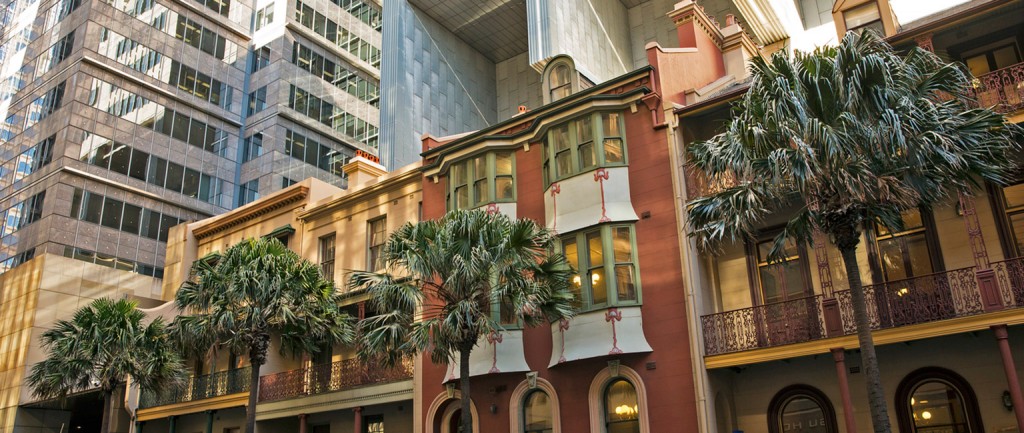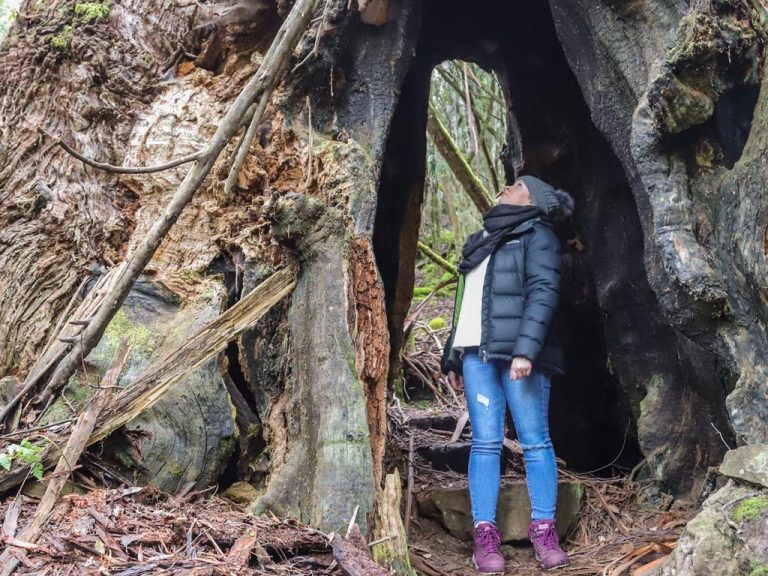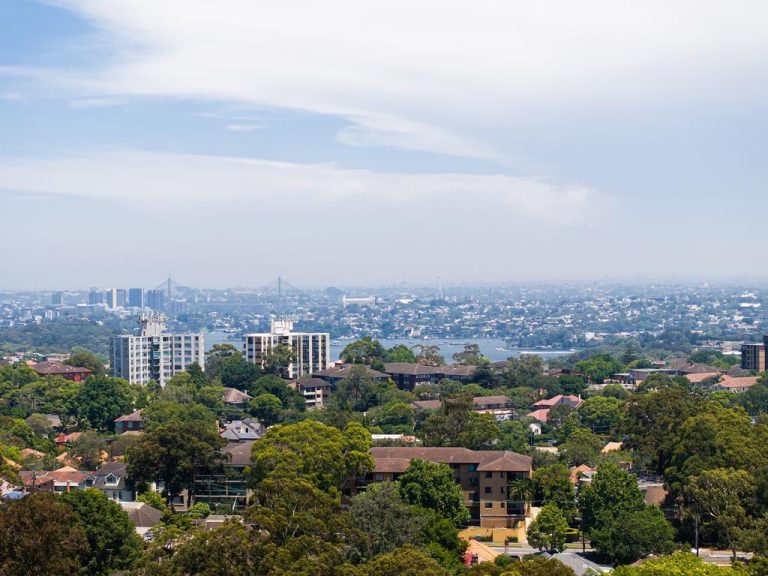China trade deal spells good news for property

The commercial property market is set for a boost in 2015 thanks to the signing of the China–Australia Free Trade Agreement (ChAFTA).
ChAFTA in a nutshell
For the past few years, investors from mainland China have been increasingly active in buying CBD office space and development sites. That now looks set to accelerate, as the free trade agreement means that mainland investors are no longer required to seek approvals for most investments up to $1.078 billion. Only citizens or entities from the US and New Zealand currently enjoy this status.
Read more: Understanding the culture of Chinese buyers
The background
Australia has been pursuing a free trade agreement with China for a decade, but it was the PRC government’s push to get its major institutions to invest abroad and diversify their portfolios that proved the main catalyst.
Chinese investors began making their mark here in 2012, buying prime office space and CBD buildings for conversion to mixed residential use in Sydney’s CBD. They have also been active in Melbourne, with significant purchases in the office and retail space, although their focus has shifted to high-rise residential over the last two years.
Investors focusing on residential and leisure have also started to look beyond Melbourne and Sydney. In 2014, the Dalian Wanda Group, controlled by Chinese billionaire Wang Jianlin, forked out $300 million for a stake in Jewel on the Gold Coast. Billionaire players Xu Jiayin and Weimin Huang also took a tour of hotel assets, including Sheraton Main Beach, first developed by Christopher Skase 25 years ago.

China’s push to invest abroad was the catalyst for the free trade agreement.
The outcomes and opportunities
As ChAFTA comes into force, we are likely to see more of China’s developers coming to Australia. To date they have developed a reputation for paying premium prices – sometimes 25% over market – for inner-city development sites. Many industry analysts expect they will now turn their hand to new estate development in capital cities and holiday areas like southeast Queensland.
Read more: Asian investment in QLD property on the rise
Chinese investors have developed a reputation for paying premium prices.
ChAFTA received a warm welcome from most senior Australian property figures, who are keen to see new sources of investment. Many also emphasise that this agreement will encourage Australian-based groups to take a closer look at the Chinese market.
Ken Morrison, CEO of the Property Council of Australia, says ChAFTA “will create opportunities for Australian property developers and property service providers. The amount of construction underway in China presents a huge medium-term opportunity.”
Australian investors will find the Chinese market presents a unique set of challenges, with commercial property restricted to 40-year leases and owners’ rights treated quite differently by Chinese courts. The other concern is the market’s health, with falling prices in both the residential and commercial sectors.

Australian investors will find the Chinese market presents a unique set of challenges.
But for those willing to take the long-term view, China represents one of the biggest and potentially most lucrative markets in the world. The value of its economy has tripled over the last decade, and many analysts expect to see the middle class double to around 600 million people over the next 20 years.
And that’s a growth that augurs well for businesses involved in the Australian property sector, whether they are property groups that can master the art of doing business in China, or local developers looking for a new source of investors.







